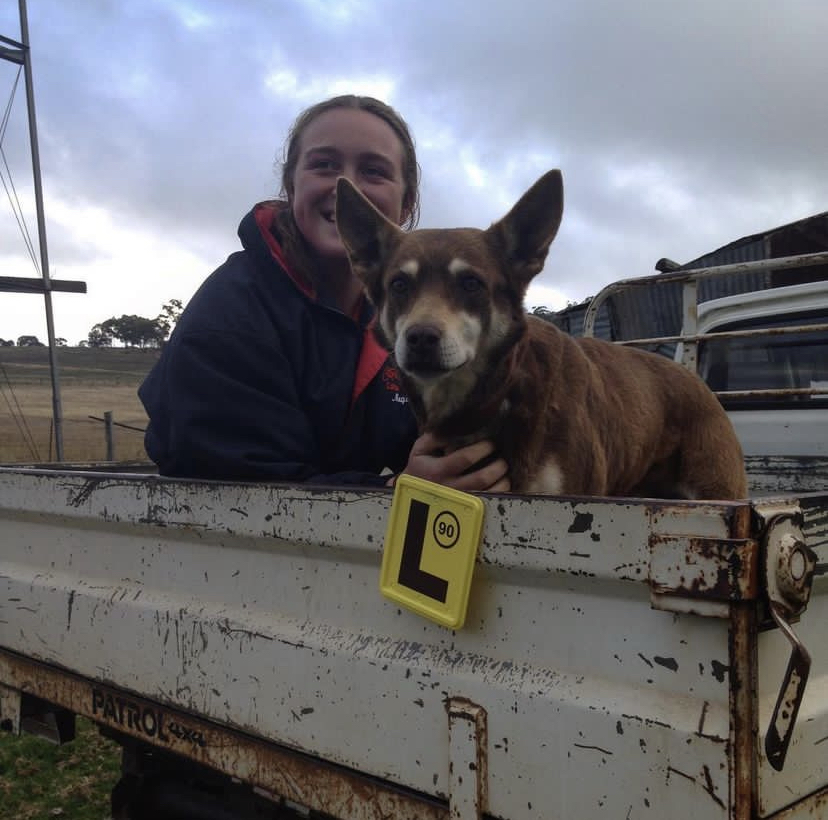Losing vets between the classroom and the workforce
Laura Williams
07 September 2023, 9:20 PM
 Charles Sturt University student Megan Seis doesn't expect to see her entire cohort in the clinic. (Supplied)
Charles Sturt University student Megan Seis doesn't expect to see her entire cohort in the clinic. (Supplied)Megan Seis will have almost $80k in HECS debt when she graduates as a vet. She’s one of the lucky ones.
The industry is calling out for more veterinarians as an ongoing shortage contributes to the already long hours and high stakes that come with the role.
“I’m in a privileged position that I’ve come straight from school into the degree and haven’t done another year or whole other degree to be able to get into vet. I have a lot of colleagues who will have HECS debt of $100k plus,” Megan said.
After incorporating the costs that come with doing several practical courses across each year of the degree, it’s an expensive feat to get into the profession that comes with one of the highest suicide rates in Australia.
Still, the demand to get into veterinarian courses across Australia remains staggeringly high, so why isn’t that translating into numbers in the workforce?
“Being a vet has been typified to have a lack of support and very easy to get burnt out when you’re short staffed in a clinic and are on-call multiple times a week,” Megan said.
“It’s quite easy for people to leave the profession or take a break and transition into being a drug rep or working for a chemical company….which can be more of a nine to five job.”
It’s an issue that is also plaguing the nursing and teaching industry, more critical roles that are notoriously rife with workforce shortages.
In response, NSW Farmers has proposed a student loan waiver to incentivise new graduates to practices in underserved rural areas - something that has been implemented in the United States.
The proposal was submitted to the NSW Government Inquiry into veterinary workforce shortage.

With almost four years of her degree under her belt, Megan is expecting to work rurally as a vet clinician. (Supplied)
Despite being confident and eager in her decision to become a rural-practicing veterinarian, Megan thinks that such an incentive would make a crucial difference to the decisions of her own peers upon graduating.
“Where you go for those first few years, a lot of people aren’t tied to. They’re really quite malleable in those first few years and I think that’s where you really find what you’re interested in.”
“If we can encourage more people to go and experience more rural conditions, I think you’ll end up with a lot more rural clinicians in the long term.”
“We have such a large burden of debt to our names. For everyone I know, it would definitely play a factor in them picking their first job if there was a reduction in debt.”
The rollout of telehealth for veterinary medicine and improved partnership between the public and private sectors were also proposed by NSW Farmers to improve workforce numbers.




